The whole entire office is very nice & clean. The front desk staff was very polite & helpful. & Trent is just awesome. He’s not only helping me but he’s educating me as well. I highly recommend him to anybody looking for the help he provides.
Recovery is Just ONE Step Away - Get Started TODAY
Central Nervous System CNS depressant addiction treatment in New Mexico can be tough, but you’re not alone. At Renew Health Addiction Recovery Services, we ensure a safe, gradual process with expert care. When needed, we use Medication-Assisted Treatment (MAT) to ease symptoms and help you recover comfortably.

Certified and Accredited Providers
High Success Rate
Gold Standard Treatment
CNS depressants slow down brain activity, often by enhancing the effects of the neurotransmitter GABA. This can result in sedation, relaxation, or reduced anxiety—but also a high potential for misuse when taken outside medical guidelines:
Sedative Effects
CNS depressants can be beneficial for short-term relief of anxiety, insomnia, or seizures, but long-term use can lead to dependence and tolerance.
Physiological Dependence
Repeated use alters brain chemistry, causing users to require higher doses for the same effects and making it difficult to stop without professional help.
Withdrawal Challenges
Abrupt cessation can trigger intense withdrawal, including anxiety, restlessness, tremors, or even seizures, highlighting the need for supervised detox.
Combination Risks
Mixing CNS depressants with other substances (like alcohol or opioids) significantly increases the risk of overdose and life-threatening complications.

CNS depressants encompass several classes of medications. While they differ in specific mechanisms and clinical uses, each can pose risks for abuse and dependency when misused:
While there are many variations, below are some frequently encountered CNS depressants:

Early identification of problematic use can help prevent severe consequences:
Physical Indicators
Behavioral Changes
Psychological & Emotional Effects
At Renew Health, we address the physical, emotional, and behavioral components of CNS depressant misuse via telehealth treatment. Our outpatient format allows you to sustain work, school, or family obligations while receiving structured, professional care.
1
Your journey begins with a comprehensive assessment of:
Using these insights, we develop a tailored treatment plan that accounts for your unique needs and challenges.
2
Withdrawal from CNS depressants can be physically and mentally demanding, requiring careful monitoring. Our medical providers oversee detox & withdrawal management, ensuring a gradual and safe taper where appropriate. In some cases, Medication-Assisted Treatment (MAT) may be employed to ease symptoms and prevent complications.
3
Therapy is vital to addressing the underlying drivers of dependence and building resilience against relapse:
4
We encourage a holistic approach to recovery by integrating services that nurture mind and body:
5
CNS depressant misuse often impacts loved ones as well. We offer:
6
Recovery is an ongoing commitment. Renew Health supports your long-term success by providing:

CNS depressant addiction can disrupt every aspect of your life, but recovery is possible. Renew Health is here to provide professional oversight, compassionate counseling, and holistic support to help you reclaim well-being and hope.
If you or someone you love is misusing sedatives, tranquilizers, or sleeping medications, call (575) 363-HELP (4357) or reach out online. Together, we’ll chart a path toward stability and renewal.
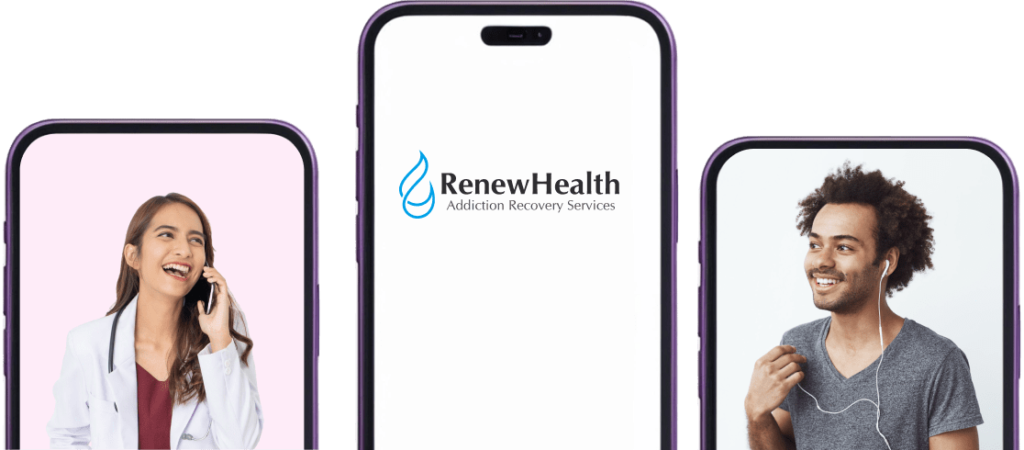
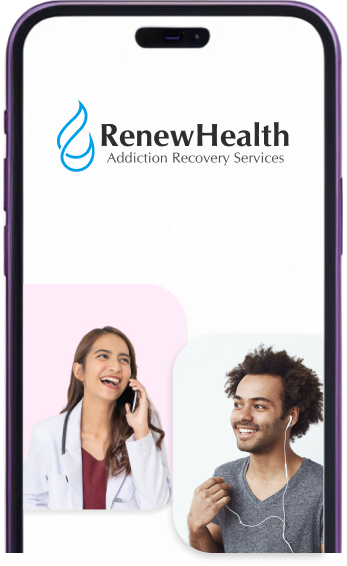




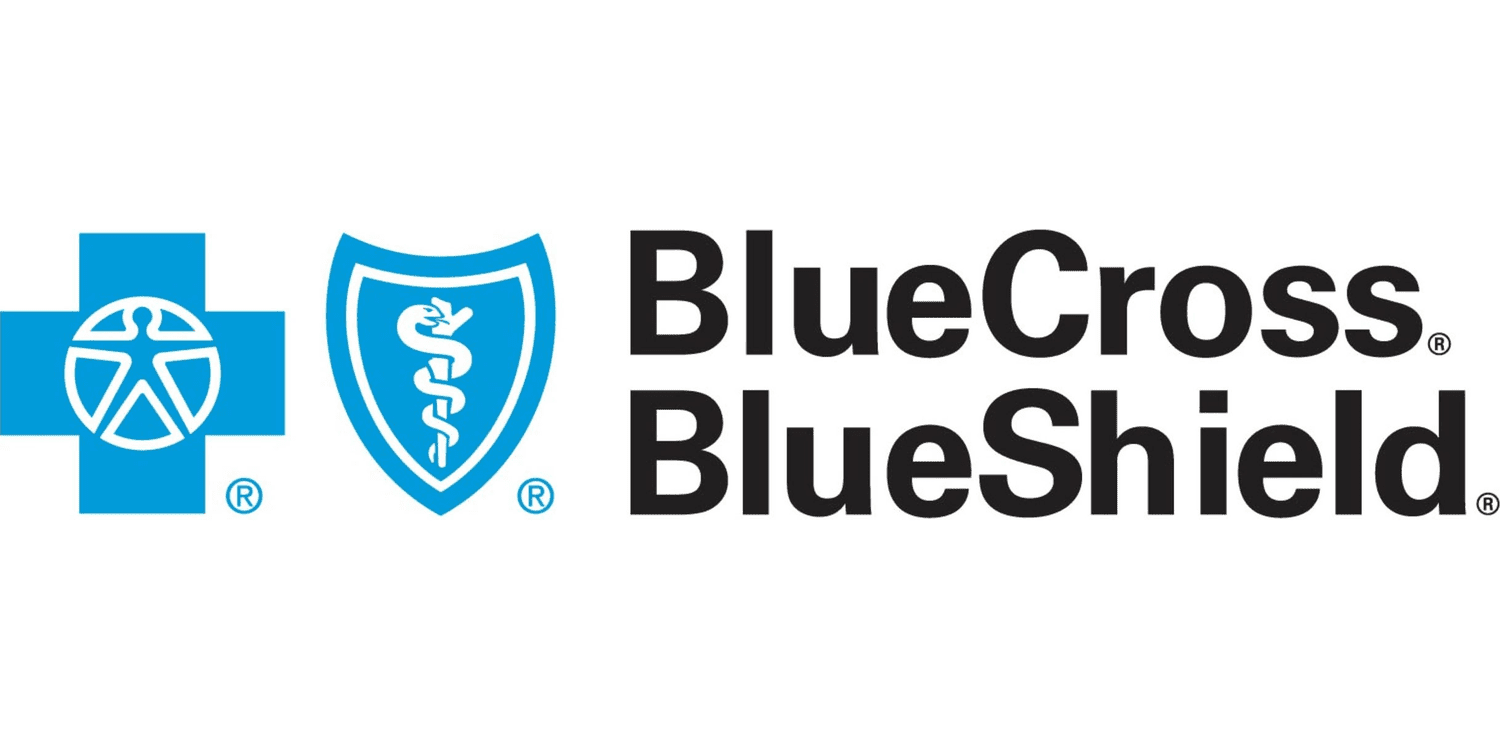
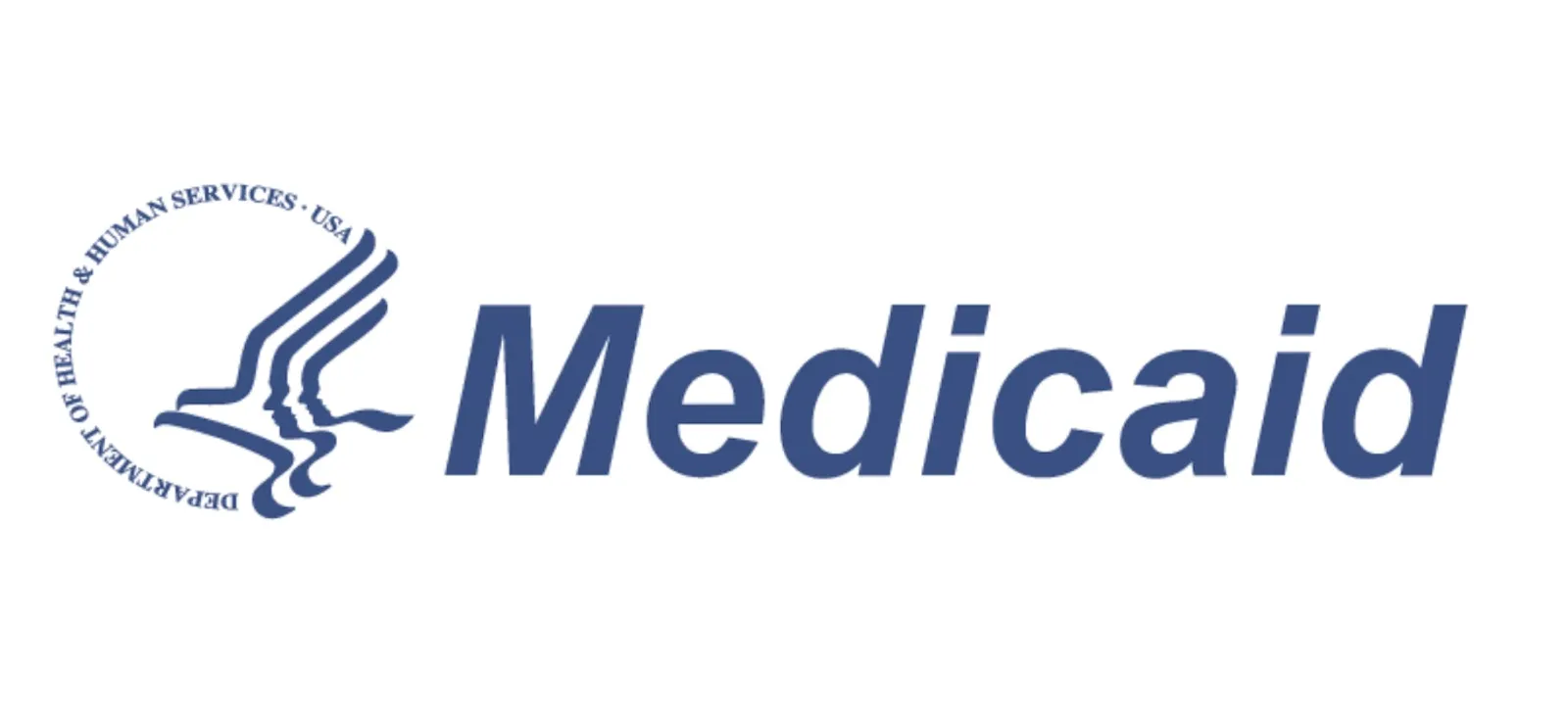


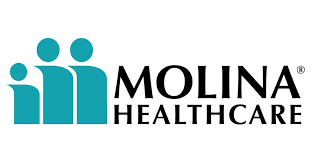
Don’t see your provider? Give us a call today to check your coverage.

Treatment length varies per individual. Programs can span several weeks to a few months or years, depending on your needs. Your medical provider will propose a timeline aligned with your recovery objectives and progress.
Many insurance plans include coverage for substance use disorder services. Our office and billing specialists will review your benefits and clarify any out-of-pocket costs.
Yes. Our outpatient approach is designed to integrate therapy sessions around your existing responsibilities, ensuring minimal disruption to daily life.
Absolutely. We offer integrated care that addresses both substance use and any underlying mental health conditions like anxiety, depression, or PTSD.
Call us at (575) 363-HELP (4357) or connect online. We’ll set up an initial assessment, review treatment options, and collaborate on a personalized path forward.
Booking is easy, so don’t hesitate to get started with your journey.

Nathan Bartlett
The whole entire office is very nice & clean. The front desk staff was very polite & helpful. & Trent is just awesome. He’s not only helping me but he’s educating me as well. I highly recommend him to anybody looking for the help he provides.
Kayla Cowart
Renew Health is a beautiful facility accomplishing wonderful things. Trent is compassionate, knowledgeable and truly cares for the well being of his patients. I felt safe and heard and would recommend Renew Health to any of those seeking wellness and healing in Roswell. Thank you Renew Health!
Jessica Bennett
Dr. Trent and his staff are amazing people! They truly care for their patients and do so judgement free. I have never felt more comfortable talking to someone about a tough subject. They don’t just write you a prescription and you leave. They are with you every step of the way. If you are looking to change your life or the life of a loved one who’s struggling, make the appointment! You won’t regret it!
Carliqua Spencer
Trent was extremely receptive to my needs. The office is focused on patient care. Highly recommend.
Derek
Renew Health’s commitment to addiction recovery is one of many things that I appreciate. If you have questions about substance abuse, it’s symptoms, different types of treatment and recovery. Don’t be afraid to make an appointment. It could change your life!
Ashley Hyland
Dr. Trent is super nice, very helpful, and really cares about his patients, and our success. Hard to find these characteristics doctors these days. I really feel I will be successful in my recovery with him on my side. His staff is super helpful and nice. The visits are quick and convenient too! Would recommend this office to everyone.
Graciela Lopez
This clinic is top notch, a great place to become the best version of your self and escape clutches of addiction. 5 stars all day!
Thien Nguyen
If you have any question or concerns or you just need help this is the place to come. Renew Health Addiction Recover Services gives top notch service. I wouldn’t recommend anyone else in Roswell. If I could give 10 stars I would. This place has helped a few of my friends and now they are living their best life!!!
Chris Boughton
Great staff wonderful dr, these people saved my life and literally restored my health! If your considering going for treatment stop considering and make that fist step with renew health, you’ll be glad you did!
Maya
I cant express enough how much this place help my brother. Everyone was very empathetic and understanding. They quickly took care of him and had his prescriptions ready fast. Thank you for helping to save my brothers life.
If you want to receive treatment in a physical location, we also offer outpatient therapy in the Roswell, Alamogordo and Clovis locations, New Mexico. Book an appointment with us today, and let’s get you back to where you want to be.